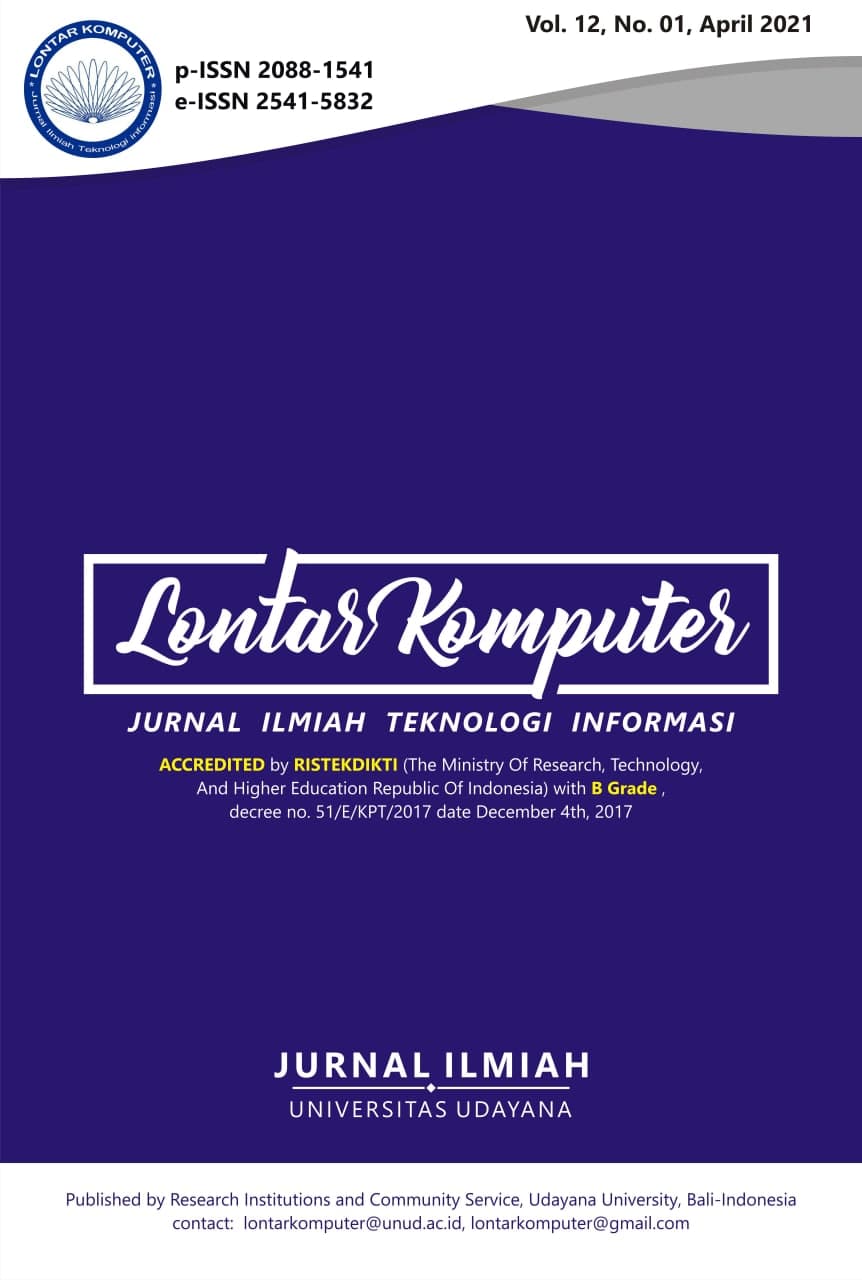A Practical Analysis of the Fermat Factorization and Pollard Rho Method for Factoring Integers
Abstract
The development of public-key cryptography generation using the factoring method is very important in practical cryptography applications. In cryptographic applications, the urgency of factoring is very risky because factoring can crack public and private keys, even though the strength in cryptographic algorithms is determined mainly by the key strength generated by the algorithm. However, solving the composite number to find the prime factors is still very rarely done. Therefore, this study will compare the Fermat factorization algorithm and Pollard rho by finding the key generator public key algorithm's prime factor value. Based on the series of test and analysis factoring integer algorithm using Fermat's Factorization and Pollards' Rho methods, it could be concluded that both methods could be used to factorize the public key which specifically aimed to identify the prime factors. During the public key factorizing process within 16 bytes – 64 bytes, Pollards' Rho's average duration was significantly faster than Fermat's Factorization.
Downloads
References
[2] P. P. Thwe, M. Htet, Y. C. City, and I. Technology, "Extended Pollard's Rho Factorization Algorithm For Finding Factors In Composite Number," Journal of Science, Engineering and Education, pp. 232–235, 2020. doi: 10.13140/RG.2.2.34889.16485
[3] A. Aminudin, G. P. Aditya, and S. Arifianto, "RSA algorithm using key generator ESRKGS to encrypt chat messages with TCP/IP protocol," Jurnal Teknologi dan Sistem Komputer, vol. 8, no. 2, pp. 113–120, 2020, doi: 10.14710/jtsiskom.8.2.2020.113-120.
[4] K. Chiewchanchairat, P. Bumroongsri, and S. Kheawhom, "Improving Fermat factorization algorithm by dividing modulus into three forms," KKU Engineering Journal, vol. 40, no. March, pp. 131–138, 2016, doi: 10.14456/kkuenj.2016.127.
[5] C. L. Duta, L. Gheorghe, and N. Tapus, "Framework for evaluation and comparison of integer factorization algorithms," Proceeding 2016 SAI Computing Conference, pp. 1047–1053, 2016, doi: 10.1109/SAI.2016.7556107.
[6] K. Somsuk, "The new integer factorization algorithm based on Fermat's Factorization Algorithm and Euler's theorem," International Journal of Electrical and Computer Engineering, vol. 10, no. 2, pp. 1469–1476, 2020, doi: 10.11591/ijece.v10i2.pp1469-1476.
[7] P. Chinniah and A. Ramalingam, "An Integer Factorization Method Equivalent to Fermat Factorization," International Journal of Mathematics And its Applications, vol. 6, no. 2, pp. 107–111, 2018.
[8] J. LI, "Algorithm Design and Implementation for a Mathematical Model of Factoring Integers," IOSR Journal of Mathematics, vol. 13, no. 01, pp. 37–41, 2017, doi: 10.9790/5728-1301063741.
[9] S. Sarnaik, R. Bhakkad, and C. Desai, "Comparative study on Integer Factorization algorithm-Pollard's RHO and Pollard's P-1," in 2015 2nd International Conference on Computing for Sustainable Global Development (INDIACom), 2015, pp. 677–679.
The Authors submitting a manuscript do so on the understanding that if accepted for publication, the copyright of the article shall be assigned to Jurnal Lontar Komputer as the publisher of the journal. Copyright encompasses exclusive rights to reproduce and deliver the article in all forms and media, as well as translations. The reproduction of any part of this journal (printed or online) will be allowed only with written permission from Jurnal Lontar Komputer. The Editorial Board of Jurnal Lontar Komputer makes every effort to ensure that no wrong or misleading data, opinions, or statements be published in the journal.
 This work is licensed under a Creative Commons Attribution 4.0 International License.
This work is licensed under a Creative Commons Attribution 4.0 International License.























